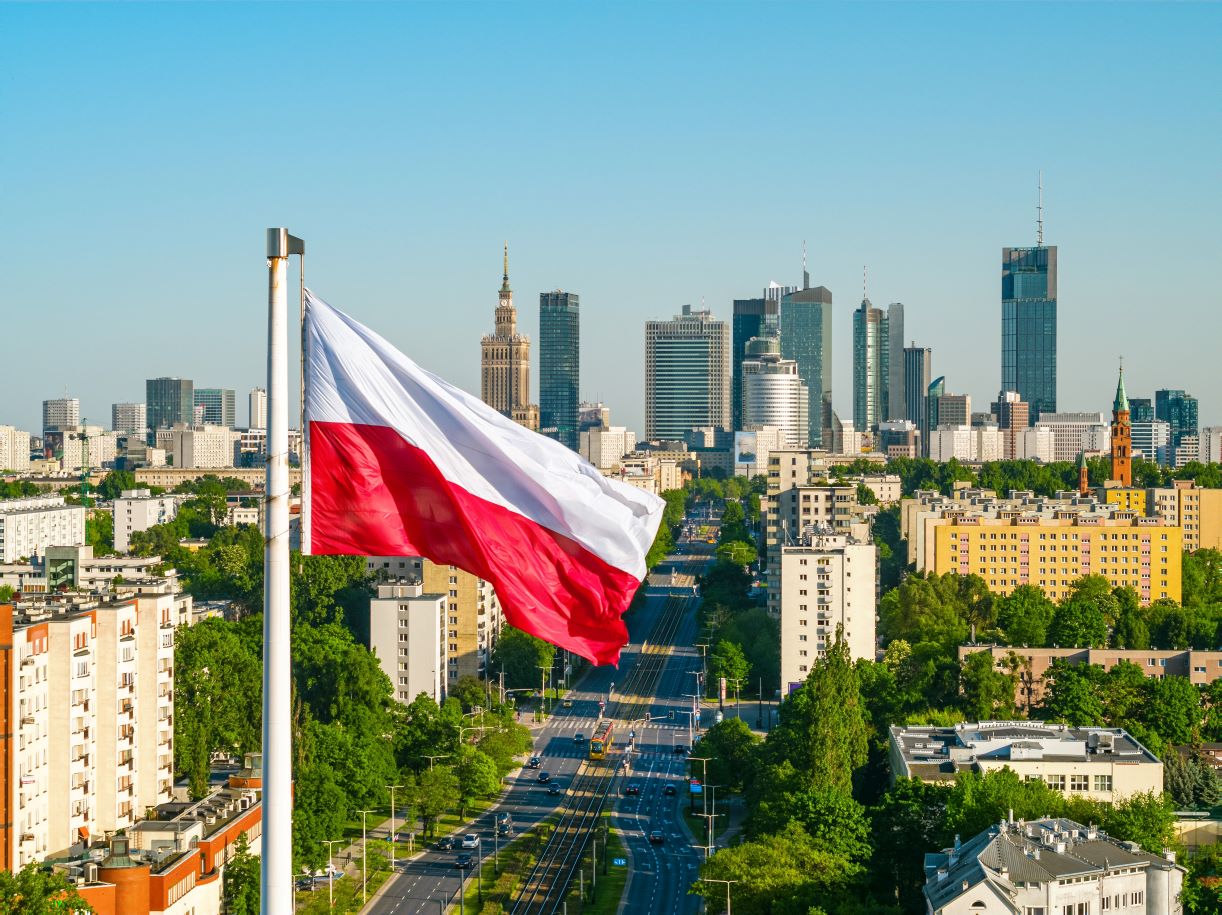Elections in this tiny Caucasian republic, with 3.7 million inhabitants, were held on October 26. According to the authoritative announcement, the ruling organization of Georgian Dreams, which won almost 54 percent of the vote, has won the triumph since 2012.
However, the alliance of 4 opposition groups did not recognise these results. any recently elected Members have announced that they will not cover their mandates. Salome Zurabishvili called for protests. On 28 October, tens of thousands of people carrying Georgian and European flags and anti-putinian banners gathered in Tbilisi. The Manifestans called the ruling organization the Russian Dream. The president said: “You have not lost these elections. Your voices have been stolen!’
In a press interview, she argued that a fresh electronic voting strategy was utilized for forgery, “in which 1 individual can vote 10, 15, 17 times with the same identity document”. The unusual machinations of the authorities during the election sparked criticism of Brussels and Washington. "The Georgians went to the polls in the election environment shaped by the ruling party's policy, including misuse of public funds, buying votes and intimidating voters," he accused Matthew Miller, U.S. State Department spokesman. "I am profoundly afraid about the retreat of democracy in this country," said the president Joe Biden. The Heads of Diplomacy of the 13 EU countries declared that "the violations of electoral integrity are incompatible with the standards expected of candidates for the European Union". On 30 October, the European Commission announced that it had suspended the accession process with Georgia and would not reconstruct it if the country did not start to respect the EU's values and explain the irregularities associated with the selection.
The Georgian electoral commission announced that the votes would be recalculated at 5 randomly elected polling venues in each of the 84 districts. On 31 October, the committee announced that the recalculation of about 14 percent of the votes did not change the results. The elections will not be repeated, and subsequent social protests will not affect the government's policy, which will send safety forces against demonstrators if necessary. It should be stressed that although electoral manipulation has surely taken place, the camp of power has many supporters, especially in the Orthodox Church and among the conservative population of the province, which fears that the country's accession to the European Union will consequence in the spread of homosexuality and another "favours, incompatible with conventional Georgian values". The rulers have besides successfully convinced many that the election triumph of the opposition means a war against Russia in the interests of the West. The Georgians remember well the 2008 invasion of Moscow, which almost put an end to their independence. More than 1 5th of the country's territory, Abkhazia and South Ossetia, ruled by separatists, is under Moscow's control.
The actual ruler of the Caucasian republic is the head of Georgian Dream, a mysterious, avoiding writer businessman Ivanishvili’s Bid, hiding in his mansion, a real palace of aluminum and glass in Tbilisi. In the 1990s, he broke assets in Russia presently estimated at $5 billion. any commentators believe that it is not pro-Russian at all, but pragmatic, it is trying to lavender between the East and the West, and Georgian Dreams besides wants to bring their country into the European Union. Others, however, indicate that the Russian services allowed Ivanishvil to gather wealth, but then demanded that he pay his debt. According to any information, the Georgian cresus does not like Putin, but is terrified of him and will do anything to delight the Kremlin. The Ivanish and his faithful must realise that by trampling on democratic freedoms and manipulation at the urns they are closing the way for their country to the European Union. It should be recalled that the government in Tbilisi has already carried out a Russian-written " abroad Agents Act" limiting the rights of NGOs. The mass protests of citizens against it in May have not been successful.
All of this delights Putin, who at all costs wants to keep the russian republics of Georgia and Moldova within the Russian sphere of influence. The Kremlin dictator hopes that if he submits to these 2 countries, including Azerbaijan and Armenia, which have so far maneuvered between Moscow and the West, they will become more obedient.

















